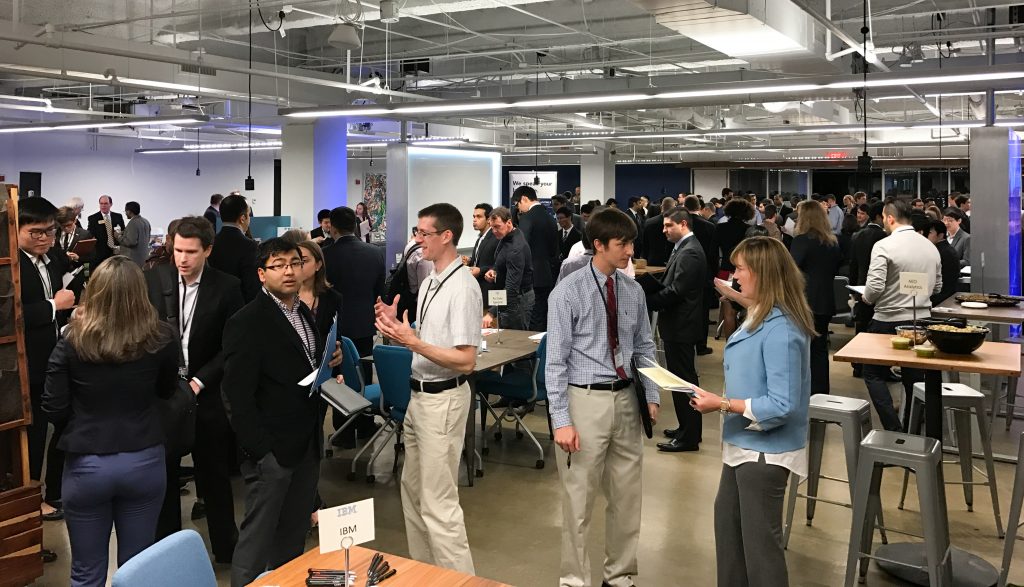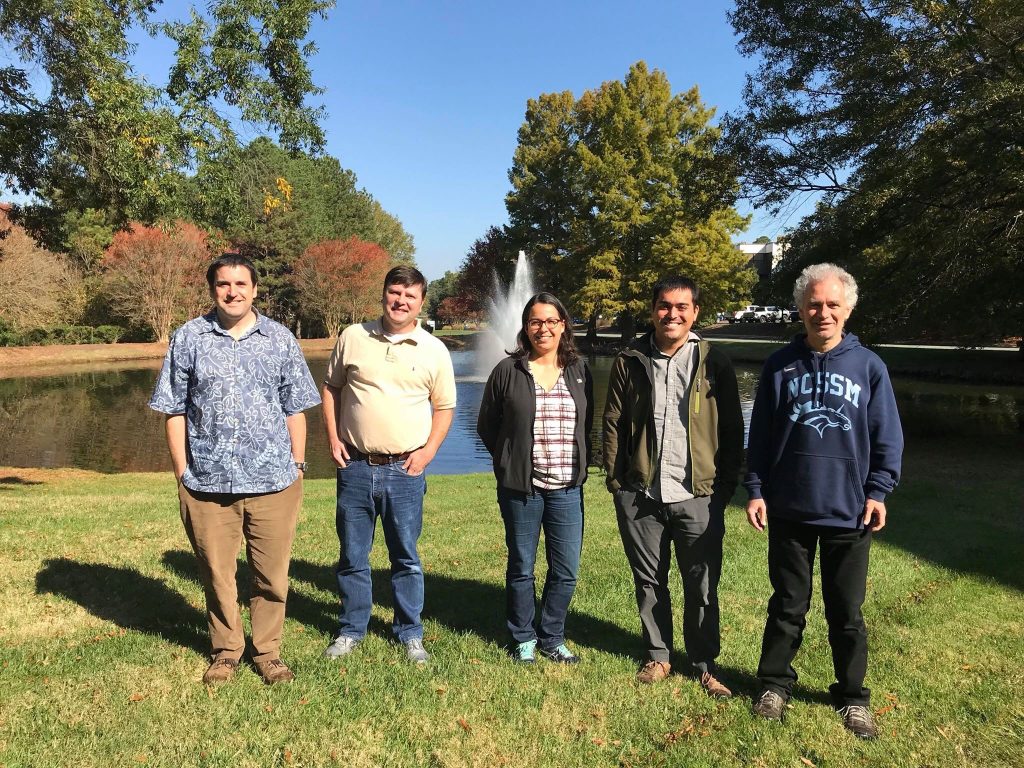by Anne Johnson
Platform offers insights on the forces that drive regional economies
Why do businesses spread like kudzu in some places but wither on the vine in others?
It’s an important question for anyone considering where to start a new business or seeking to cultivate a strong economy for their region. But it’s not an easy question to answer. Read more


 Registration now open at
Registration now open at  Registration discounts through April 1; visit
Registration discounts through April 1; visit 


